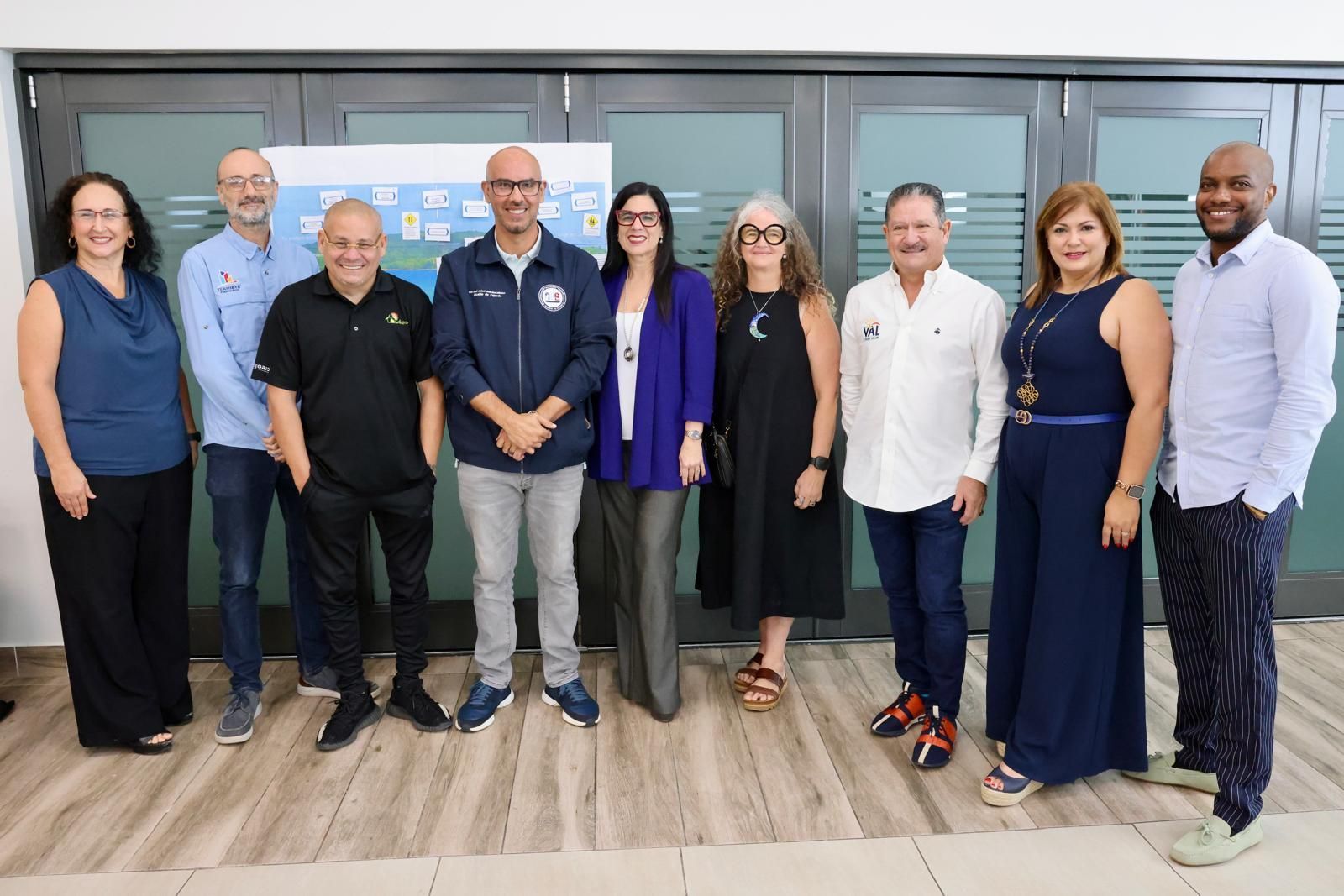IBTS Appoints Anjuma Goswami Karkera as New CEO
Share this article:

Karkera succeeds long-term CEO and company co-founder Ashok Goswami
ASHBURN, Va.— Experienced leader and attorney Anjuma Goswami Karkera accepted an appointment as Chief Executive Officer (CEO) of the Institute for Building Technology and Safety (IBTS), a nonprofit services-based organization. She succeeds IBTS cofounder Ashok Goswami, who has served as CEO since 2002. During that time, Goswami oversaw IBTS’ growth from a single office to eight locations nationwide, significantly expanding the company’s offerings for building departments; solar and renewable energy programs; and local, state, and federal government solutions.
“It is with a mix of gratitude and excitement that the Board of Directors announces the succession of our CEO, Ashok Goswami,” announced Ramsey County (MN) Commissioner and IBTS Board Chair Victoria Reinhardt. “As cofounder of IBTS, Ashok’s visionary leadership has contributed to numerous organizational milestones, resulting in sound management, financial strength, and positioning the nonprofit for future growth.”
Goswami will continue in an advisory capacity as IBTS President to ensure an effective transition to Karkera, who seeks to continue growing the organization’s work strengthening communities by making them safer, more resilient, and prosperous.
An influential leader, Karkera’s career has been marked by her ability to rapidly generate and evaluate alternative, achievable solutions; her proven track record fostering interagency collaboration; and her passion for promoting diversity and inclusivity in the workplace. She holds a juris doctorate from the Washington College of Law at American University, most recently serving as Deputy Chief of Staff for the National Geospatial-Intelligence Agency.
“I am honored to join the brilliant and dedicated staff of this unique nonprofit,” Karkera said. “I am an ardent believer in the IBTS business model, which combines public sector credibility with private sector innovation. I look forward to continuing IBTS’ legacy of providing responsive expertise and solutions that help our clients navigate complex challenges, providing better outcomes for communities everywhere.”
“The Board is confident Anjuma will preserve IBTS’ current momentum by aligning her abilities with the existing organization toward a long-term vision for IBTS,” Reinhardt added.
About IBTS
IBTS is a national nonprofit organization and trusted advisor and partner to local, state, and federal governments. IBTS provides building code expertise; federal grants management; disaster planning, mitigation, and recovery expertise; local government solutions; solar quality assurance; and resilience services. IBTS’ work is guided by a Board of Directors with representatives from the Council of State Governments (CSG), the International City/County Management Association (ICMA), the National Association of Counties (NACo), the National Governor’s Association (NGA), and the National League of Cities (NLC).
Media Contact:
Karen M. Johnson
Market Engagement Program Director
O: 571.357.4820 | C: 530.318.5428
kjohnson@ibts.org





